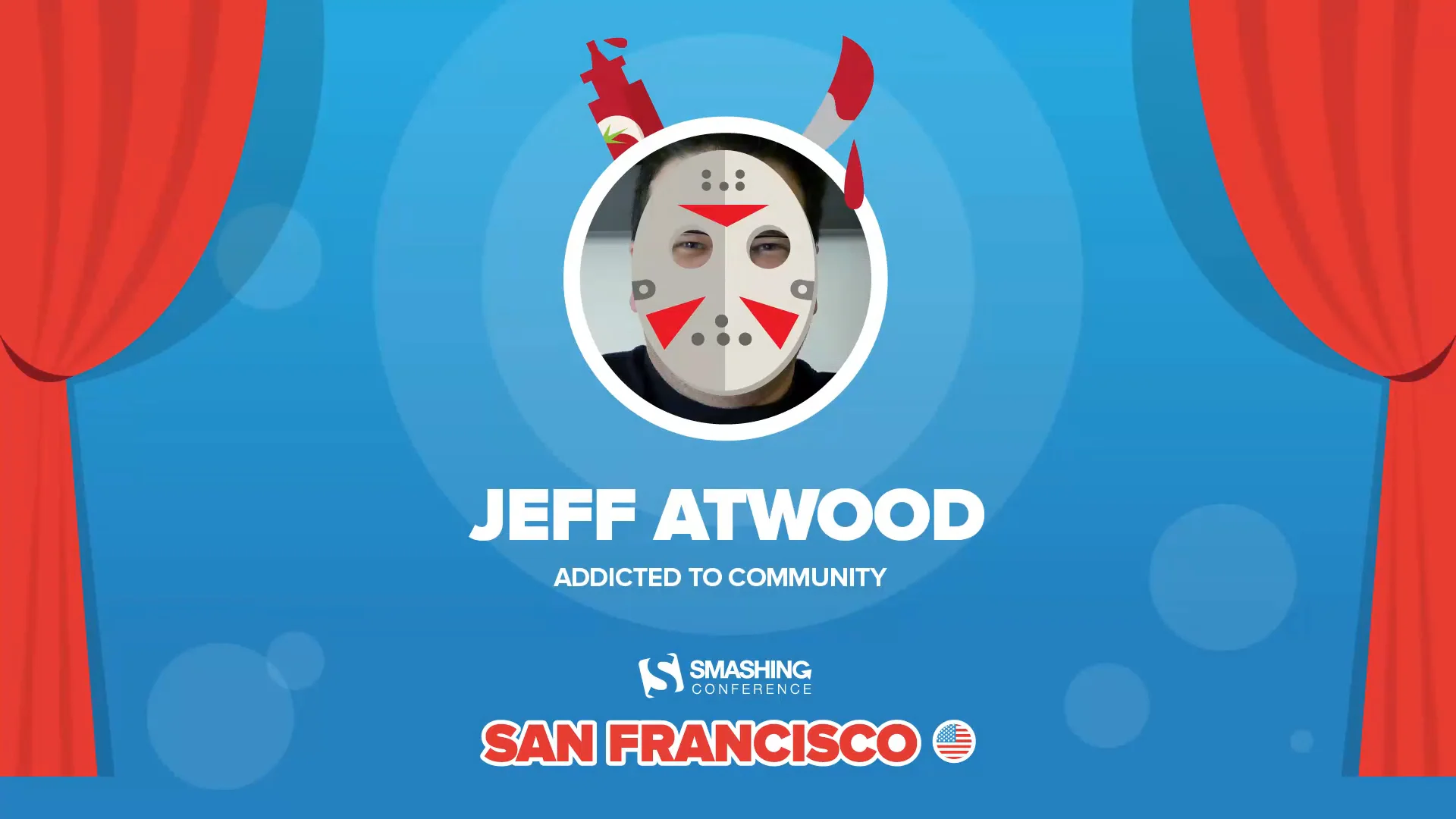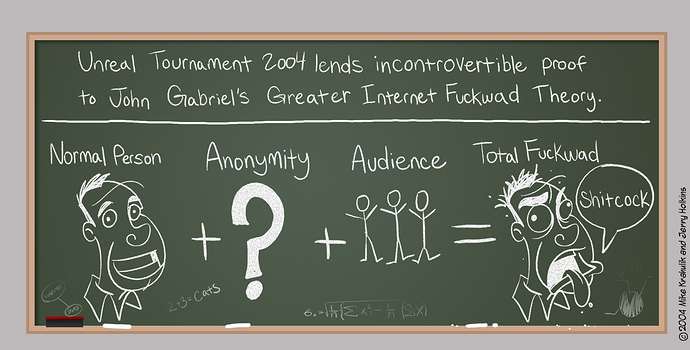I find it ironic to confuse actual physical violence with crude or mean tweets or what is the point of the Sociologist article?
I’m only calling SJWs out for actual observed behavior (see Vox Day’s SJWs Always Lie). Somehow observable and empirical fact, when inconvenient is referred to as “name calling”, as if calling something scarlet or crimson “red” is insulting or triggering.
But I see no evidence you wish to have an honest discussion, and that is the problem. You’ve already diagnosed the problem - white cis-hetero-male privilege - and empathy is only an excuse to insult and browbeat white cis-hetero-males.
I’ve seen far less empathy on the part of the other groups, but because they are “victims” they can be serial killers and sociopaths but that doesn’t count. Or all their doxing, threats, or worse.
I can only point you at the history of Gamer Gate and most recently Social Autopsy where the founder was subject to serious harassment by some anti-harassers. http://theralphretort.com/ralph-talks-to-social-autopsys-candace-owens-after-media-attacks-im-not-naive-anymore-4026016/
The reason is is not productive is such discussions always follow the same path:
I say something empirically and factually correct which can be verified. From a bug in some code or some inconvenient statistic.
They screech “You have no empathy!”, or something worse.
I point out I was simply pointing out facts, politely, no vulgarity.
They screech louder, calling me a racist-sexist-homo-transphobe.
Somehow I’m not supposed to call them on THEIR complete lack of empathy.
The “screeching monkey” reference comes from Eric Raymond that probably has done more as an author of code and books than almost anyone else. http://esr.ibiblio.org/?p=6642
_The problem is, maradydd’s attempt requires the feminists and _
_social-justice warriors she is addressing to fundamentally be about _
_justice and inclusion, enough so that it is possible to change their _
behavior by appealing to those values. But that’s not what I see what I
_ look at those people. What I see is thin rationalizations over _
bullying, dominance games, and an endless scream of monkey rage.
The other horrors are the purging of Brendan Eich from Mozilla - the horrible vitriol because he contributed to (at the time - years earlier) a controversial ballot measure so much that he was forced out. Where was the empathy there?
You only have “empathy” for victims you choose to have empathy for? If that is so there is no point to the article. You aren’t trying to advocate for a universal principle, you are merely inviting fellow white-knights to join you in your attacks.
If you do consider it a universal principle, then the place to start is to call out the lack thereof ON YOUR OWN SIDE, not on “them”. There is no shortage of stories and persons.
Had you done so, I would have complimented and cheered.




